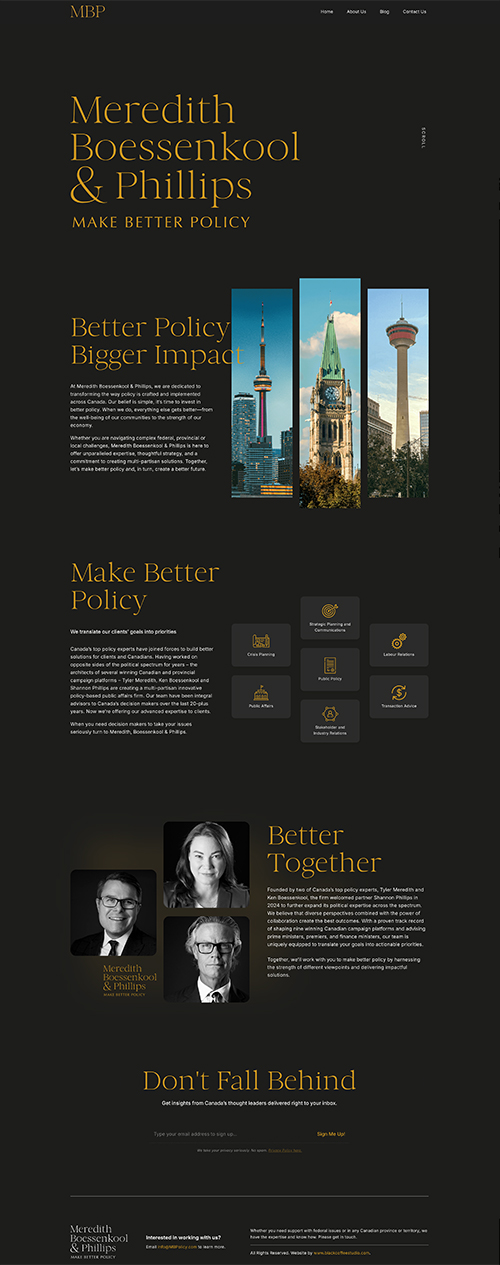An outbreak of junior high Marxism at the University of Calgary’s faculty association may put the future of the U of C, and its substantial contribution to the City of Calgary, at risk.
In a recent newsletter, the association says that the practice of paying market supplements to some professors (and by implication, not others) is “evil.” It wants the practice eliminated with any money saved redistributed equally among all professors.
The trouble is, calling market supplements evil is really no different than calling gravity evil because I fall and skin my knee. For the faculty association can no more suspend the laws of supply and demand in the ivory tower than I can suspend the laws of gravity on my driveway.
The demand for university professors is driven principally by two things. First, there is the demand for a particular skill outside of the academic environment.
This works two ways. Most obviously, this affects disciplines where there is a large market for potential professors outside of the university — things like business professors, applied scientists, engineers, and perhaps economists. In these disciplines, the universities must, in order to attract top-notch talent, recognize the wider job market in setting salaries for their professors.
As a result, salaries in universities should not be on the one-size-fits-all model proposed by the U of C faculty association. If Calgary wants to continue to home-grow top business, scientific, engineering and economic graduates, then these disciplines need access to market supplements to keep these professors from finding work outside of university (or inside another university that will pay them what they are worth).
The second way in which the external demand for a particular skill manifests itself is with respect to the local market for a particular university. For example, Calgary, as a world-class centre for the natural resource industry, has a special need for geologists.
It makes a tremendous amount of sense, therefore, for the U of C to try and attract top-notch academic geologists to teach and do research here.
The average quality of our geology department should be greater than in a comparable university without a similar local need.
This means there is a good reason for the U of C to pay above average salaries to attract top-notch geologists — not just for the benefit of the U of C, but in the interests of the wider community.
The same might be said for political scientists and public policy economists — few cities can match Calgary’s claim of having spawned, and provided the intellectual heft, for a political movement that was the Reform party and is now the Canadian Alliance. If we want to retain that advantage then we may need to provide pay packets in political science and the public policy side of economics that are in excess of the average paid in other disciplines.
The second thing that drives the demand for university professors is the internal ivory tower market for professors.
If, for some reason, there is suddenly a sharp shortage of philosophy professors (perhaps because a bunch of them decide, at the same time, to become the head of their faculty association), then there will be a sudden, perhaps temporary, shortage of philosophy professors. As a result, there may be a need to temporarily pay higher salaries to professors of philosophy in order to ride out this temporary shortage.
A market supplement program is the perfect tool to react to these types of unforeseen circumstances.
In arguing that all professors should have the same basic pay structure the association is denying not just the reality within the ivory tower, but the importance of a university to those with their feet closer to the ground.
Further, allowing the market supplement argument to take place merely between the philosophy department (I think, therefore I should earn the same as you) and the economics department (my marginal product of labour is bigger than your marginal product of labour) within the University of Calgary would be a grave mistake.
Calgary is a world-class city — its quality of life, its business atmosphere, its cultural community — that needs a world-class university.
If the faculty association gets its way, Calgary will not only lose a couple of slightly better- paid academics, it will lose a key ingredient that is critical in making Calgary a world-class city.
If the University of Calgary loses the ability to attract top geologists, top business professors and top political scientists, then it fails to reflect the needs of the community in which it finds itself. And if the people of Calgary — its resource sector, its business community and its political class — fail to register their objections to the proposed elimination of market supplements on which the university relies to best reflect the community in which it operates, then it will have skinned its collective knee.
